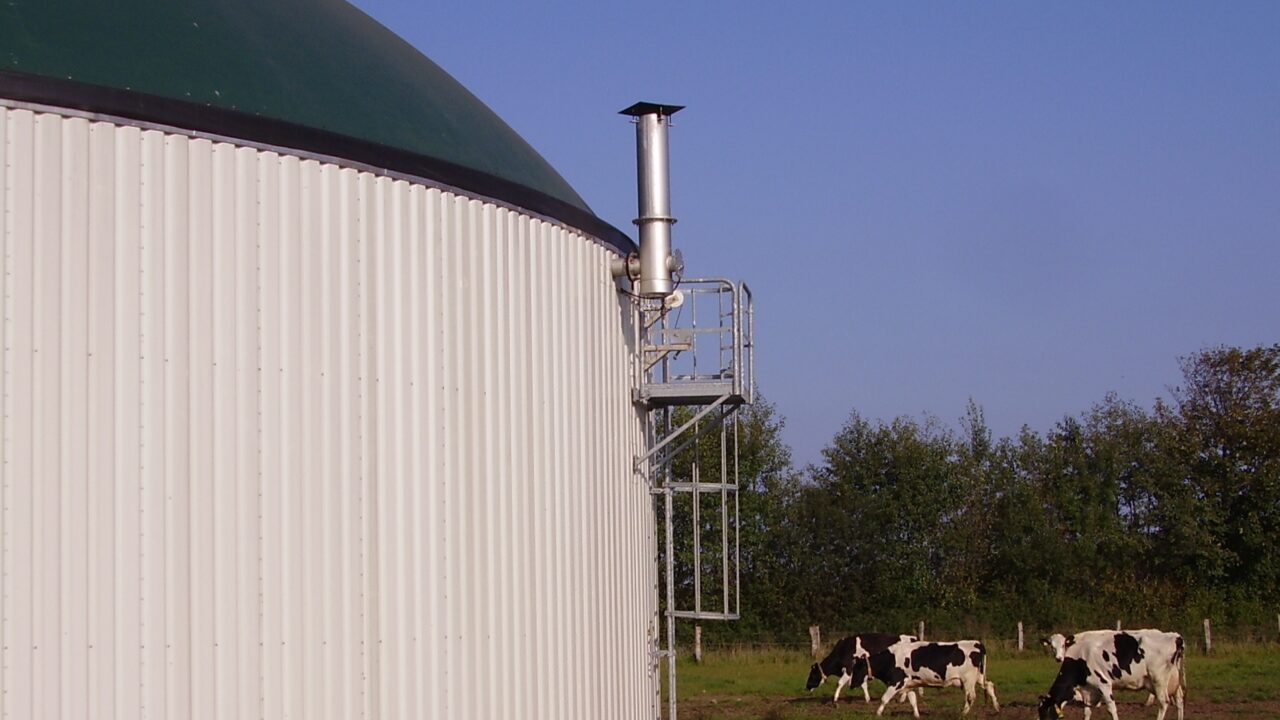A total of €8 million in Government funding will be issued to support 45 “innovative” energy projects in companies and research institutions across Ireland.
The funding was announced today (Monday, September 10) by the Minister for Communications, Climate Action and Environment, Denis Naughten.
The Sustainable Energy Authority of Ireland (SEAI) is responsible for awarding the funding to the 45 projects which aim to develop solutions that will help homes, businesses and communities deliver a cleaner energy future. The projects range in duration from one to four years.
Commenting on the funding, Minister Naughten said: “Research and innovation are central pillars of the Government’s National Energy and Climate Plan. I have secured increased levels of funding for investment in energy research through the SEAI.
I am determined to see this fund grow significantly over the coming years to develop innovative solutions.
“This type of Government funding significantly helps businesses and research institutions in the energy sector in Ireland to conduct world class research that will create jobs, build capacity and support innovation in clean energy,” the minister added.
Meanwhile, CEO of the SEAI Jim Gannon explained that new solutions and new technologies are “central to achieving a sustainable energy future for Ireland”.
“With direct involvement from industry, academia and local enterprises, the 45 projects we are funding will deliver real solutions to problems that the energy sector is facing today.
“These projects will facilitate innovation in the energy market, inform policy and develop the technical solutions we need to create a thriving and efficient clean energy sector,” he said.
Among those to receive funding is a collaborative project involving: Gas Networks Ireland; the Irish Farmers’ Association (IFA); the Irish Creamery Milk Suppliers’ Association (ICMSA); Teagasc; as well a number of other community groups, local authorities and academics.
This project plans to develop a model for regional anaerobic digester (AD) clusters. If successful, it is hoped that the model will facilitate access to the gas network and diversify income streams for farmers.
